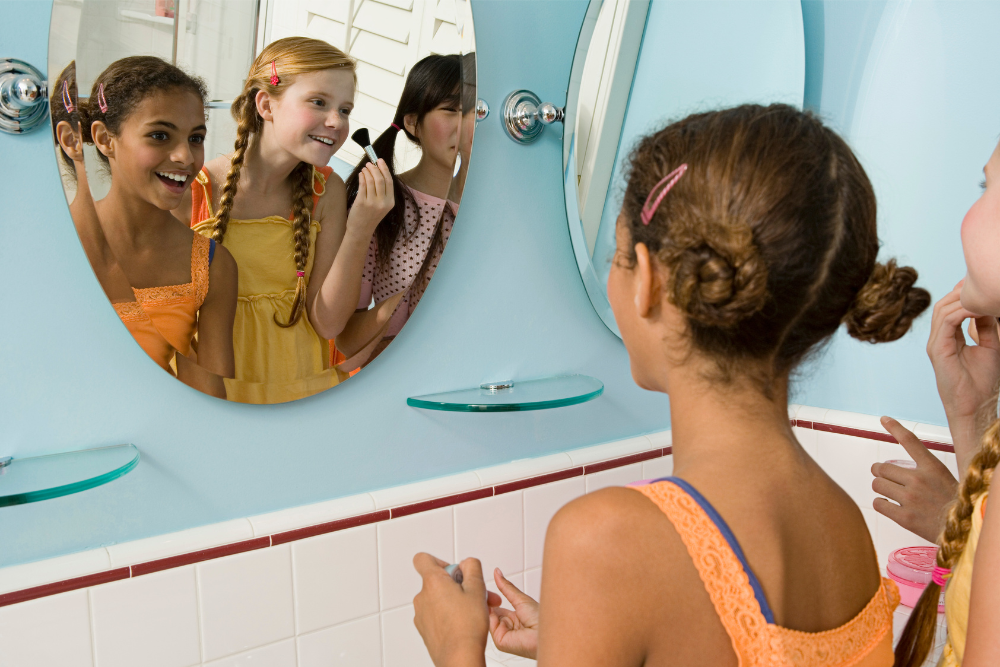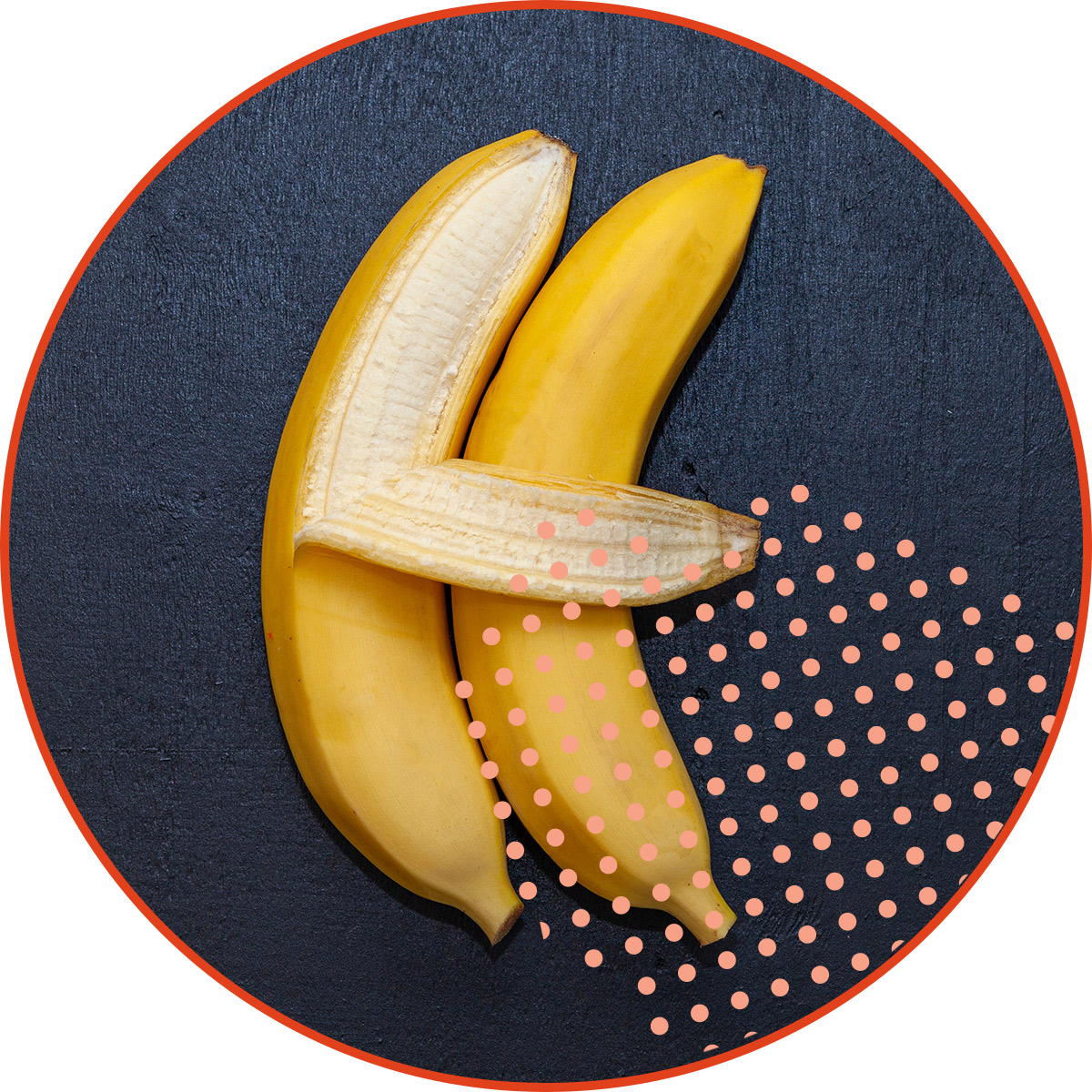One of my most unforgettable patient encounters happened about 6 years ago and involved a 12 year old. I don’t even remember why she was referred to me, but I’ll never forget how she answered a very routine question I asked:
Have you had any romantic relationships or crushes?
She answered, “Well, I’m bi-romantic and asexual, so yeah, maybe.”
I had to stop and think for a second. Then, I replied the same way I often do when an adolescent is sharing something that seems big, “Tell me more about that.” 🤔
She was happy to share. She said she felt attracted to her girlfriends and some boys, and sometimes she just didn’t know who she liked more. Then she clarified that she was not interested in getting physically intimate with any of them.
She’s attracted to everyone, but doesn’t want to have sex with anyone. How perfect. At 12, it doesn’t get any more normal than that.
Today, our middle schoolers (and beyond) have a robust vocabulary for expressing their feelings about attraction and gender, and they feel pretty darn comfortable talking about it all.
As their trusted adults, we need to make sure we listen and respond to the language they choose. And it's not just the language of attraction and gender, but even the stages of relationships – “talking,” “hanging out,” “dating,” may not mean what you think they mean – so staying curious and asking for clarity is always a great idea (as long as you remain sincere).
Pride month inspires a lot of adolescents to enthusiastically celebrate their LGBTQ friends or maybe even share insights about their own emerging sexuality. For parents of kids coming out as gay, bi- or exploring new ideas about gender, it’s common to feel worried or confused, but there is no better time to listen and reassure your child that your love is not dependent on any of those things.
We know parents worry because we receive a lot of emails – many from those who fully embrace & support their gay friends and colleagues, but when it’s their own kid, there’s hesitation.
- I’m wondering if this is just a trend?
- I think she’s just looking for attention.
- Is she old enough to even understand that?
- Should I take her seriously?
- What should I say if I disagree?
During adolescence, our kids are pre-programmed to experiment with how they show up, what feels right for them, and who they really are when they’re being true to themselves. And whether straight or gay, they are also exploring their sexuality. Some of them will figure things out faster than others.
Adolescents evolve. Parental worries shift.
As we transition to our roles as parents of adolescents (instead of children), the most important thing we can do is to stay calm, curious, and non-judgmental. The way they will thrive the most is with you doing a lot of listening and loving along the way.
The world is full of judgment. Try to be the safe place for your adolescent to land. For LGBTQ youth, their health and safety depend on it. In my video tip, “My Daughter is Gay and I’m Not Ok” I explain more.
Did you know Girlology has grade-by-grade playlists listing on-demand video and downloadable content to support her and you through the entire journey? Learn More






